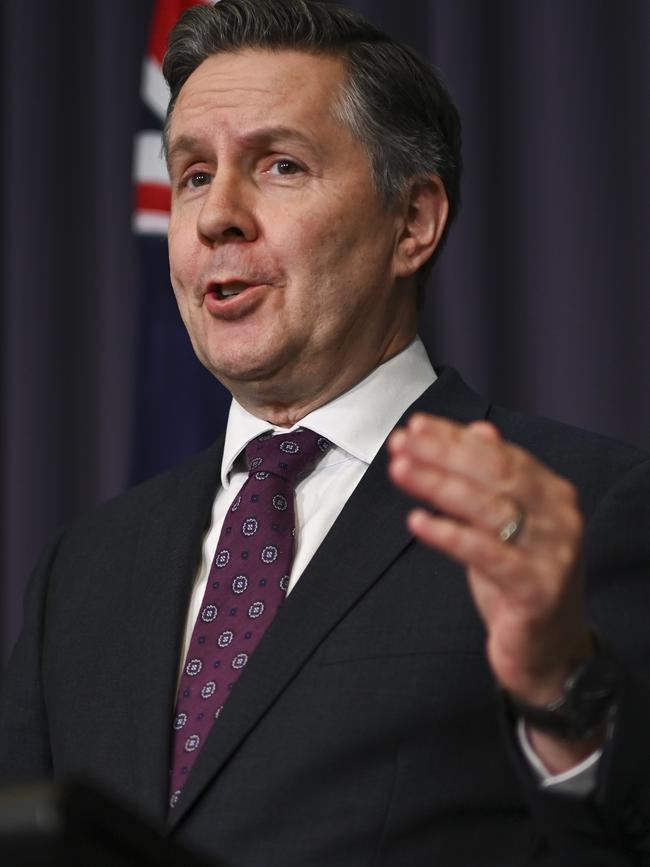Pressure on PBS advisory body as drug applications exceed its capacity to assess them
Without broadening its pool of experts, the government’s medicine funding scheme can only subsidise 77 ‘major’ new drugs each year.

The independent expert body tasked with making recommendations on whether new medications should receive government subsidies under the Pharmaceutical Benefits Scheme is facing ongoing pressure, with drug applications predicted to continue to exceed its capacity to assess them.
Large numbers of new applications for taxpayer-funding of medications have already placed a heavy burden on the Pharmaceutical Benefits Advisory Committee. In October it chose to delay consideration of decisions on potential government rebates for 45 newly approved drugs. Newly released government documents reveal the high number of drug applications is likely to exceed the capacity of the committee for the foreseeable future.
In ministerial advice provided to Health Minister Mark Butler in October, federal Health Department officials said PBAC was “resourced to consider 25-27 (major submissions) per meeting, and 77 major submissions total across all PBAC meetings in a single financial year”.
The latest government figures reveal PBAC received 63 submissions for its March 2025 meeting, of which 38 were “for the most complex and resource-intensive type of submission”, meaning they required an independent evaluator who could weigh the clinical value of each drug against the economic benefit of subsidising it.

The committee has been forced to move almost half the March submissions to a specially commissioned May meeting. PBAC estimates it will have the capacity to evaluate 28 of the “resource-intensive submissions” in the March meeting and the rest in the May meeting.
PBAC meets three times a year, and if consideration is deferred for new medicines, pharmaceutical companies must wait 120 days for the next opportunity for their drug to be considered for PBS funding.
A Health Department spokesman said the 25-27 submission constraint referred only to the burden of contracted evaluators, and could be expanded if need be, and that 83 per cent of recent meetings had exceeded this threshold.
“The department can consider a variety of options to engage additional capacity,” he said.
“This was the approach taken to address the unprecedented number of submissions received from sponsoring pharmaceutical companies for PBAC’s March 2025 cycle.”
Demand-induced delays have occurred several times between 2015 and March 2024, but they were not made public at the time. Applicants sponsoring drugs coming before the PBAC and patients awaiting possible cheaper treatment have expressed frustration about the delays as they deal with sometimes confusing messaging from the Health Department. The department has denied claims it had capped the number of submissions it could take to each PBAC meeting.
Appearing at budget estimates, Health Resourcing Group deputy secretary Penny Shakespeare estimated the average PBAC meeting included 17 submissions requiring intense external evaluation.
Four deferrals that have occurred over recent years were of a much smaller scale than the March 2025 agenda, with six submissions left delayed in December 2017 and two in March 2022.

Funding has also been restrained by lack of cost recovery within the PBAC system, meaning the application fees paid by sponsors for each submission were not directly invested back into the PBAC. Funds are instead allocated ahead of time based on estimates of likely demand.
“Patients, the community and the parliament should continue to have significant concerns about the process that led to the PBS deferral of 45 medicines without community or even industry consultation,” said former PBS chief Felicity McNeill, who heads stakeholder group Better Access Australia.
“This document confirms that without full transparency there are huge risks to the integrity of the processes that protect the social compact of our PBS – a cornerstone of Medicare. The cloak and dagger wheeling and dealing with our public health system must stop.
“The PBS must be made eligible for patient appeals to the Administrative Review Tribunal like the majority of social services decisions affecting the community. Without it, PBS deferrals behind closed doors will simply become the norm.”







To join the conversation, please log in. Don't have an account? Register
Join the conversation, you are commenting as Logout